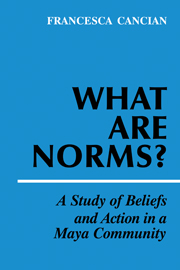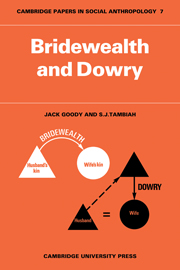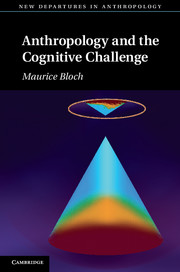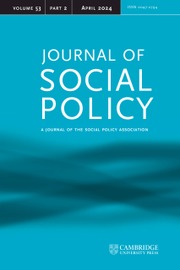Love in America
Gender and Self-Development
- Author: Francesca M. Cancian, University of California, Irvine
- Date Published: October 1987
- availability: Available
- format: Hardback
- isbn: 9780521342025
Hardback
Other available formats:
Paperback
Looking for an inspection copy?
This title is not currently available for inspection. However, if you are interested in the title for your course we can consider offering an inspection copy. To register your interest please contact [email protected] providing details of the course you are teaching.
-
In the last twenty-five years, Americans have gained considerable freedom in thier personal lives. Relationships are now more flexible, and self-development has become a primary goal for both men and women. Most scholars have criticized this trend to greater freedom, arguing that it undermines family bonds and promotes selfishness and extreme independence, Francesca Cancian is more optimistic. In this book she shows that many American couples succeed in combining self-development with commitment, and that interdependence, not independence, is their ideal. In interdependent relationships, love and self-development do not conflict, but reinforce each other. Love in America compares 'traditional' forms of marriage with these newer forms of close relationships. Starting with the nineteenth century, Cancian shows how gender roles became polarized, with love, which was identified with emotional expression, no practical help, being the responsibility of women, while self-development was regarded as a masculine concern. These traditional images of love and relationships are still held by many Americans today, even though, as Cancian points out, this can lead to marital conflict and individual stress and illness. By contrast, new images of love, emphasizing self-development for men and women and flexible, androgynous roles, began to emerge around 1900, accelerating in the 1960s. She concludes that this trend to self-development and androgyny will continue, but that whether it will lead to more interdependent relationships, or to more independence and isolation, depends partly on economic and political changes in the wider society. The evidence for Cancian's argument comes from sociological, historical, and psychological sources. Her book will interest readers in these disciplines, as well s appeal to a wide general audience.
Customer reviews
Not yet reviewed
Be the first to review
Review was not posted due to profanity
×Product details
- Date Published: October 1987
- format: Hardback
- isbn: 9780521342025
- length: 224 pages
- dimensions: 228 x 152 x 17 mm
- weight: 0.408kg
- contains: 5 b/w illus. 4 tables
- availability: Available
Table of Contents
List of figures and tables
Acknowledgments
Introduction
1. Love vs. self-development
Part I. The History of Love:
2. The feminization of love in the nineteenth century
3. From role to self: the emergence of androgynous love in the twentieth century
4. The history of love: theories and debates
Part II. Feminized Love and Its Costs:
5. Feminine and masculine love
6. Illness and split gender roles
7. Martial conflict over intimacy
Part III. Androgynous Love:
8. Self-development through androgynous love
9. Androgynous love in marriage
10. Friends and relatives
Conclusion
11. Current trends and future possibilities
Appendices
Notes
References
Index.
Sorry, this resource is locked
Please register or sign in to request access. If you are having problems accessing these resources please email [email protected]
Register Sign in» Proceed
You are now leaving the Cambridge University Press website. Your eBook purchase and download will be completed by our partner www.ebooks.com. Please see the permission section of the www.ebooks.com catalogue page for details of the print & copy limits on our eBooks.
Continue ×Are you sure you want to delete your account?
This cannot be undone.
Thank you for your feedback which will help us improve our service.
If you requested a response, we will make sure to get back to you shortly.
×
















